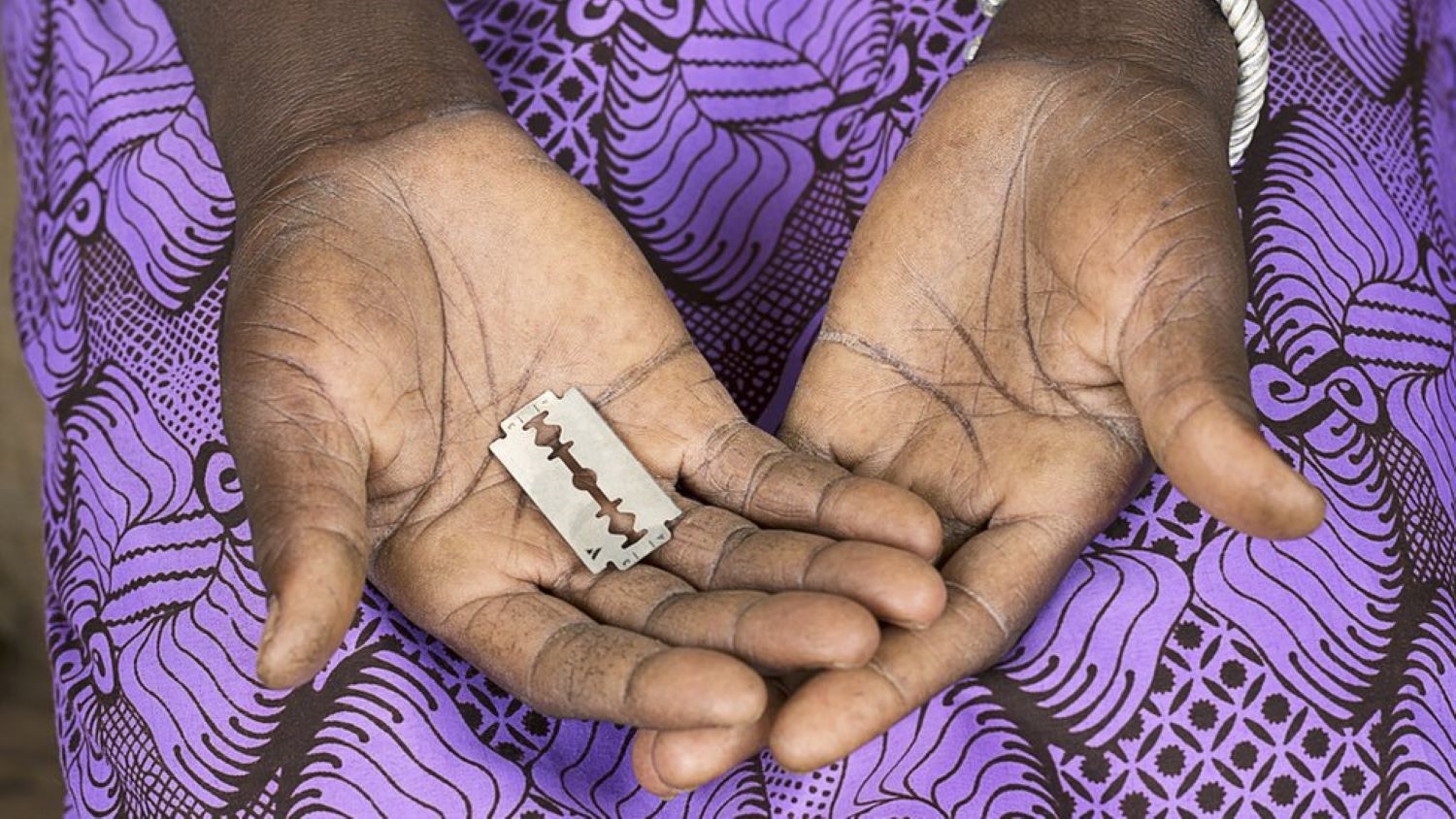Home » Gambia’s Parliament to discuss lifting ban on female genital mutilation
Gambia’s Parliament to discuss lifting ban on female genital mutilation

Gambia’s parliament votes today on a bill aimed at lifting its ban on female genital mutilation (FGM).
The bill was recently presented to parliament after members of the West African country’s national assembly backed a proposal to roll back the law which was established in 2015.
Advocates of FGM argue that the practice is a key part of Gambian culture. According to UNICEF, nearly three-quarters of women between the ages of 15 and 49 have undergone FGM. Legal debates flared up last year after three women—the first prosecuted under the ban—were convicted for FGM and ordered to pay a fine or face a year-long prison sentences.
The bill is unlikely to pass as The Gambia would risk potentially being subject to fines under the Maputo Protocol which prohibits harmful ‘traditional’ practices including FGM. The Maputo Protocol has been used in other African countries like Uganda to prohibit FGM and will likely be deployed to counter arguments for FGM’s cultural value. However, in the highly unlikely case that parliament does reverse the ban on FGM, expect the UN and other bodies to condemn The Gambia and exert diplomatic pressure on the country to implement mechanisms to monitor and address FGM. A reversal of the ban would weaken the Maputo Protocol and possibly encourage other African countries to reverse similar bans on FGM.
Andrew Nicholas Prado-Alipui is a graduate of Syracuse University with a Bachelor of Arts in International Relations. He has contributed to the Daily Brief as an Analyst focusing on developments in Sub-Saharan Africa He will be pursuing a Master's degree at the University of South Carolina beginning in Fall 2022. Andrew is also a publisher of the Daily Brief.

